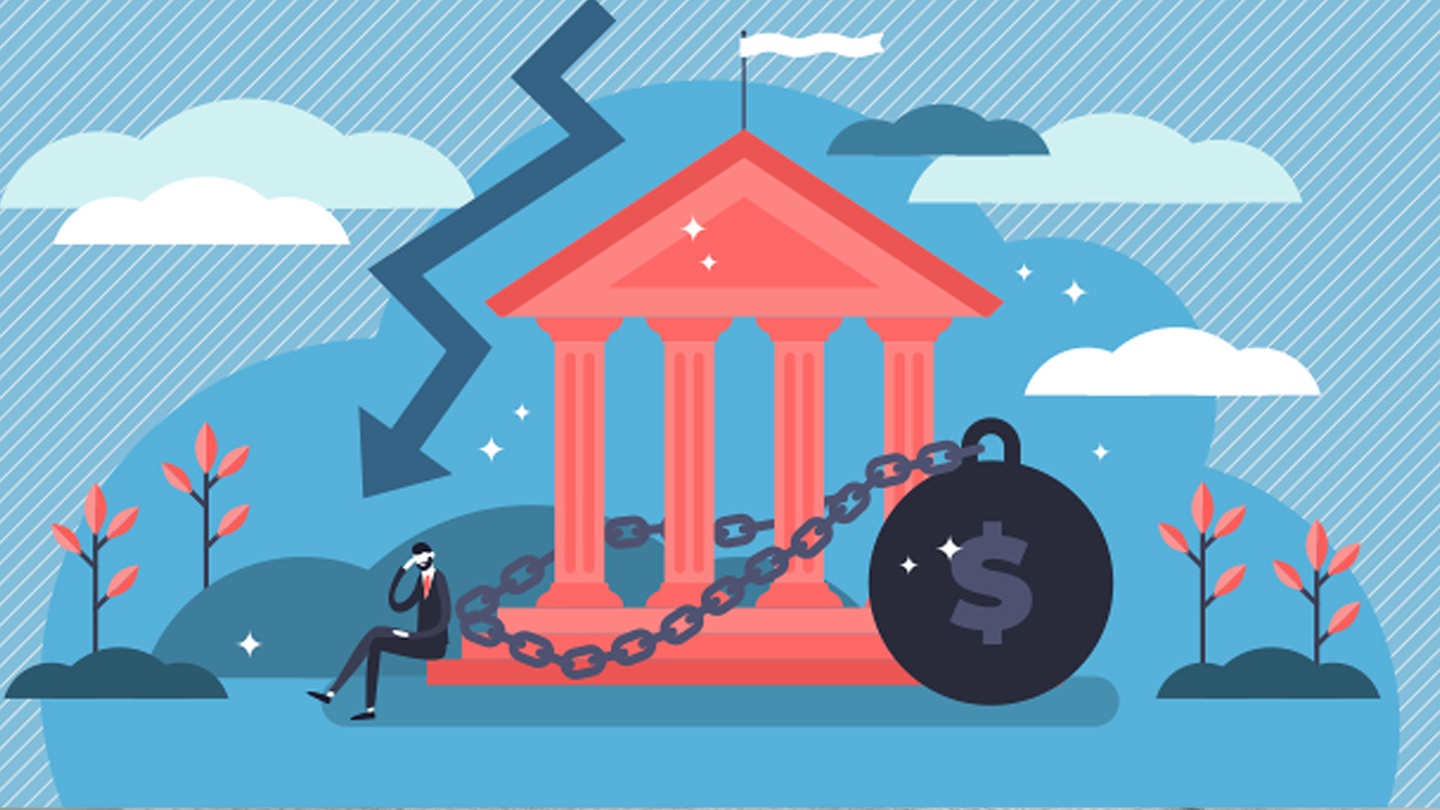Mental Health
Ways To Cope With The Mental And Physical Impact Of Financial Anxiety
Financial stress can trigger mental health issues like anxiety and eating disorders. Take a look at some easy-to-implement coping strategies.

If you find yourself twisting and turning in bed, fretting about financial worries, Prerana Salaskar Apte, a Mumbai-based financial adviser, suggests starting with the basics. Keep a track of your expenditure and keep the credit card away. For some, this is easier said than done.

The Organisation for Economic Co-operation and Development’s (OECD) 26-country survey reveals that most people were unprepared for the fiscal shocks that Covid-19 brought. The survey says that about 42% of the 1,25,787 adults surveyed expressed concern about meeting daily expenditures; 40% expressed concern about their financial status; and 37% said they were only scraping by.
In the current scenario, where everyone is in it together, help is hard to find. “It is common for individuals to resort to maladaptive coping behaviours such as drinking, gambling, and taking debts to invest for quick money—reacting under financial anxiety,” says Magesh. It trickles into family life and social relationships. The most obvious manifestation is the individual’s relationship with food. “They may not feel hungry or consciously cut down food to save money, which may lead to eating disorders like anorexia nervosa if continued for longer periods.” Studies suggest that cultivating basic money habits right from the beginning can help you feel more in control of your finances, easing financial anxiety and stress.

To plan your finances better, follow these tips from Apte.
1. Note your earnings and expenditure: Do this for 2-3 months and segregate your monthly spending into necessities, comforts and luxuries. Identify your spending patterns. You can then eliminate some of the less-priority needs like ordering food, impulsive online shopping or cutting down on non-essential spending.
2. Break-down and plan ahead: Make financial plans for the next 1 year, 3 years and 5 years. Look at inflation-adjusted financial goals when preparing this sheet.
3.Indulge in wise investments: Get in touch with a professional to help invest wisely. Example: SIPs (for long-term goals), life insurances and health insurance.
4. Grow your awareness: Know which funds can be partially withdrawn (eg PPF), and which one cannot be. Know the bank policies for repayments, EMIs, and overdraft policies of lenders.
5. Keep the credit card way: Debit cards help you spend only as much as you have. Refrain from debts unless reasonably backed up by financial resources.
6.Own health insurance: Go for insurance. Also, have an emergency pocket fund. Never spend it on anything except for emergencies.
1. Accept the situation: Accept that there are situations beyond your control, like a lockdown. This is a temporary situation, and in times like this it is normal to compromise on certain goals. You are not alone, and you shouldn’t feel embarrassed or guilty for compromising on your goals.
2. Embrace constructive creative thinking: Constructive thinking can open favourable avenues for other sources of income. Think of your skills and analyse how they can be utilised in a job or business landscape.
3. Discuss with family and trustworthy friends: Keep the family informed about your finances and situations you are facing. This may lead to some suggestions or resolutions.
4. Spend time with your loved ones: This may not only reduce the financial burden but can help you to ease your stress.
EXPLORE MORE
AI saves time, but it’s quietly draining our attention and our ability to think critically. Here’s how to regain focus without unplugging from modern life.
Every child worries as they grow up. But when anxiety starts shaping their behaviour, body, and confidence, parents need to pause and look closer. A psychologist explains how to spot the difference early.
Unloading your frustration can feel cathartic, but repeated venting may do more harm than good when it comes to emotional regulation.
Here’s a simple guide to different therapy styles and how to choose the one that fits your mind, mood, and moment.






.jpg)

.jpg)

